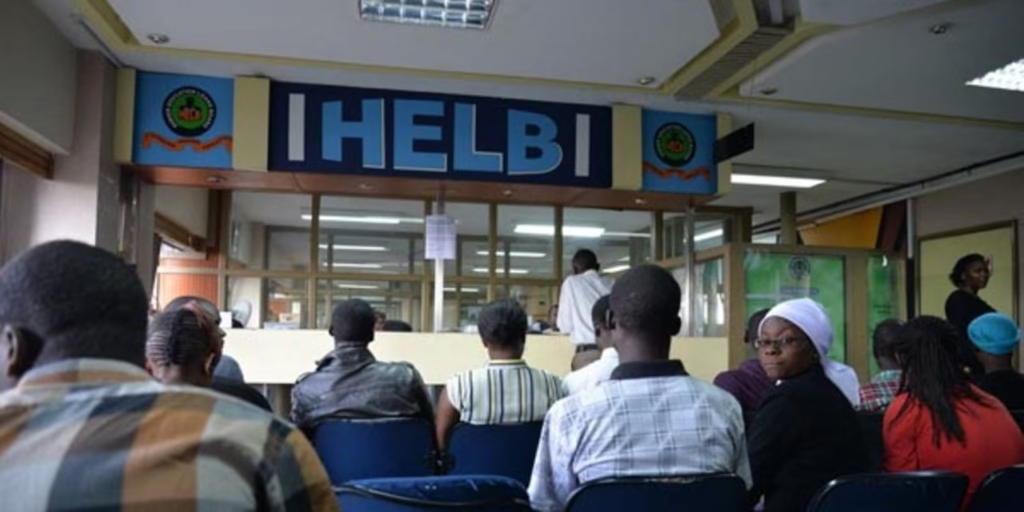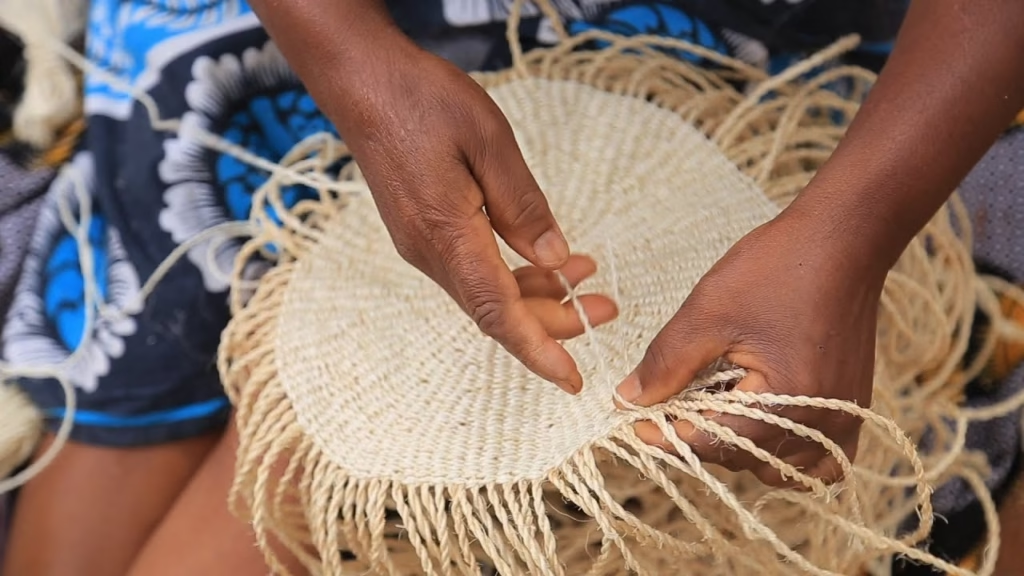
Behind the lecture halls that are full of students lies a financial crisis that is pushing students to the wall. The financial strain facing universities is no longer just an institutional issue; it’s a daily struggle for students trying to stay enrolled, stay fed, and stay hopeful. Financial pressure is not just economic but also emotionally draining for most students’ mental health. Many students suffer this in silence, afraid of stigma or simply too busy to seek help
Students are having a hard time balancing between school work and hustling. Many of them go days without food, just to survive and stay focused in school. They are afraid to call back home since the situation might be the same, so they just decide to suffer in silence. Some of the students are also the ones providing for their families back at home, and this is not easy for some of them because it’s so overwhelming
In March 2025, the Ministry of Education confirmed that 23 public universities are technically insolvent, weighed down by a combined debt of over Ksh75 billion. While the headlines focus on budget deficits and stalled infrastructure, the real impact is felt in the lives of students who now face impossible choices: pay rent or buy food, attend class or go to work, stay enrolled or defer
For many students, the day begins not with books, but with side hustles. Some sell snacks or thrifted clothes, others take up online gigs or ride Boda Bodas between lectures. The goal is simple: make enough to survive the semester. The Higher Education Loans Board (HELB), once a dependable source of support, has become unpredictable. Disbursements are delayed, and the amounts often fall short of covering even basic needs. Students report going months without receiving funds, forcing them to borrow, skip meals, or drop out altogether.
This situation has made most of the students support each other so as to survive. They have decided to have roommates so as to do cost sharing, and at least by that the cost of living has reduced. some have turned to crowdfunding to raise tuition fees, while others are building small businesses from their hostels. And this is not the campus they were promised. The struggles they go through have reshaped how people view higher education in Kenya. Degree is no longer a path opportunity, but students still show up to colleges hoping and believing that education still matters.


